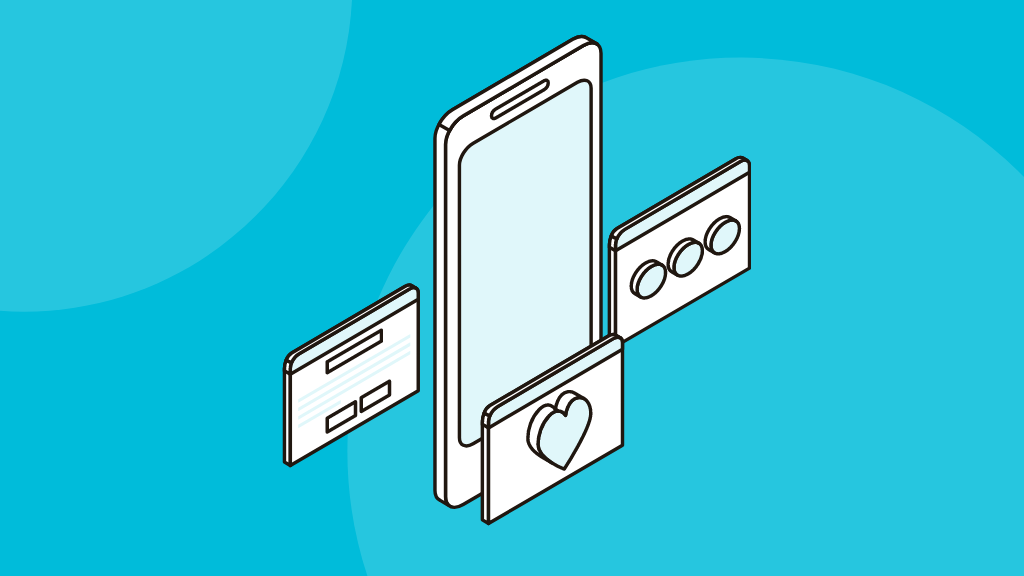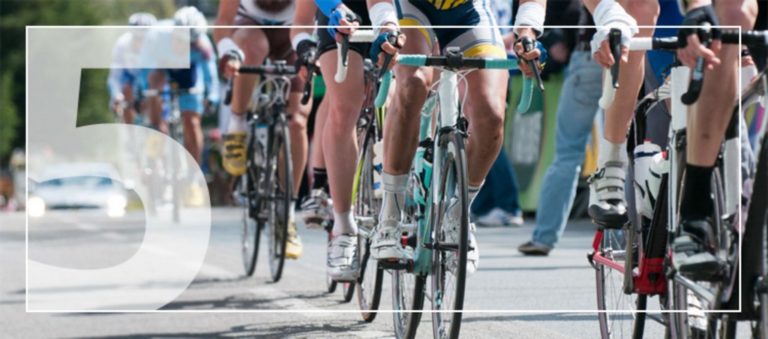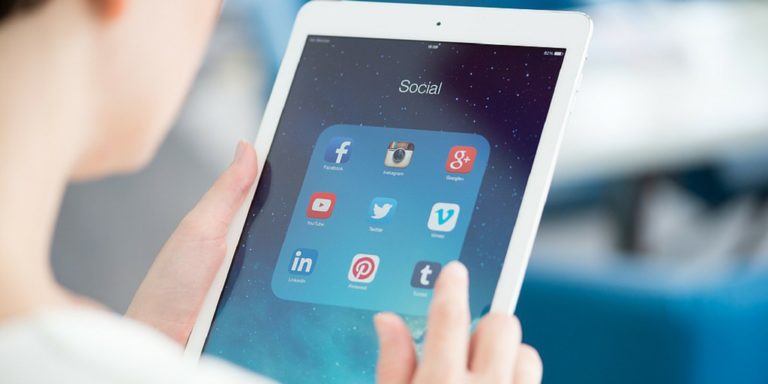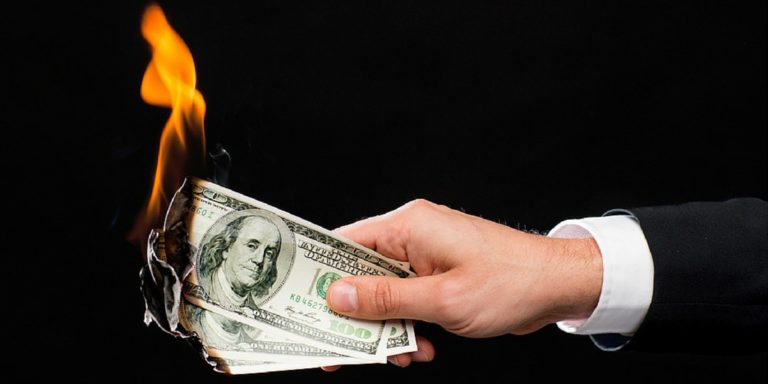Social media has become a popular medium for marketing events of all kinds, and it’s easy to see why. Nearly two-thirds of the US population (approximately 231.5 million) have an account on some channel. Those users generally spend just over two hours a day browsing their feeds. That gives you a significant opportunity to reach a wider audience and increase awareness of your events.
Of the numerous social media platforms, Facebook has typically been the most effective for event marketing. It is, after all, the most widely used platform, with nearly 300 million active monthly users in the US alone (and 2.85 billion worldwide). Other platforms, including Instagram (1.16 billion active monthly users worldwide) and Twitter (353 million active users worldwide), are also effective for marketing.
According to a 2021 Harris Poll conducted on behalf of Sprout Social, 78% of marketers say social media is a highly effective tool for brand promotion. This suggests that social media marketing can be an excellent way to both increase ticket sales revenue and generate excitement about your upcoming events. However, it’s not all about what you do before your events. It also matters what you do during and after. Here, we’ve got a few tips to help you take your event social media marketing game to the next level.
Before the Event
Using social media is a great way to spread the news about your upcoming events. While you can use tools like Facebook ads, organic event promotion can also be an effective method for boosting ticket sales, building brand awareness and getting people excited about what’s to come. Here are a couple of tips to get you going when organizing an event:
1. Establish Your KPIs
First, determine which social media platforms you’ll use. Choose the ones where a majority of your past (and target) attendees tend to hang out. Then you’ll want to establish your key performance indicators (KPIs). That will allow you to track your marketing performance over time and make changes quickly if something isn’t working. Some KPIs you might want to consider monitoring include:
- Reach (how many people have seen your posts)
- Clicks (how many people clicked on your post’s CTA)
- Impressions (the number of times your post was displayed on user’s timeline)
Pro tip: The best way to measure your success on organic social media is by looking at your engagement rate percentage. That’s your likes, comments, shares, views, or retweets, depending on the platform) divided by your total number of followers. Track that figure weekly to see if it’s increasing or decreasing, and iterate your posts to see what’s resonating.
2. Create a Posting Schedule or Calendar
Creating a social media calendar will help you stay on top of posting each week. A well thought out calendar provides the framework for what you’re posting, the cadence and most importantly establish consistency. When creating, make a list of the types of posts you could do to educate your audience and drive awareness of your event. Check out these templates to get started.
3. Share Content From Previous Years
If you’ve hosted the event in the past and have content (event photos, videos, testimonials, etc.) from previous years, go back into the archives and find some of the best ones. Incorporate them into your social media calendar. These throwback posts can pull up pleasant memories for people who have attended your events in the past, which may increase the chances that they come back again. The previous attendees can also give newcomers a taste of what to expect if they decide to purchase tickets.
4. Post a Countdown in Your Instagram Stories
Instagram debuted its countdown timer in 2018. You can use it to set an end date and time, allowing your followers to keep track of how long they have until a specific event starts. Additionally, you can customize the color of the clock and give it a name. Your followers can also subscribe to receive a notification when it ends or share it on their own Instagram stories.
There are many ways you can use the countdown timer. For instance, you can use it to remind your followers of your early bird prices, a live announcement, a giveaway/contest, or the day of your event. That way, no matter how busy your followers get, they won’t forget about you.
5. Tease Event Details with Short Videos
As you get closer to the day(s) of your event,, tease what’s to come with short videos on Facebook or Instagram. Share snippets of interviews with guest speakers, a brief look behind the scenes, special announcements, and more. These videos can help build excitement for your upcoming event. They can also provide attendees with beneficial information, such as what to expect during their time with you.
6. Host a Giveaway
Who doesn’t love a social media giveaway? A contest can help to increase your brand awareness, boost excitement about your event, and help convert followers into attendees. You can give away branded merch, items from your sponsors, or even a set of event tickets.
You have several giveaway options for event promotion. For instance, you can have your followers leave a comment, emoji, or their favorite GIFon your official giveaway post. You can also request a reshare of the event post or a follow of your account. This way, your followers not only get the chance to win free tickets (or other items), but you get to expand your reach even further.
During the Event
Social media promotion doesn’t stop when your event begins. You’ll want to continue to post updates and engage with your audience throughout its duration, whether it’s one day or four days. The following actions function to delight attendees at your event and share what’s happening with those who couldn’t make it.
7. Create a Branded Hashtag
A branded hashtag makes it easier for your attendees (and you!) to find all content posted about your event. Now, you can create one before your event begins and use it on all of your event-related posts. When the day of your event arrives, make sure that your attendees know about the hashtag and inspire them to use it on all personal posts.
Here are a few tips to keep in mind for creating a hashtag:
- Keep it short
- Make it fun
- Choose something as unique as possible
- Consider using Hashtagify.me
8. Collect and Share Content
Even if you have a highly successful organic social media marketing campaign, you’ll still likely have people who either couldn’t come, didn’t want to come, or who didn’t know your event existed until recently. Sharing content as your event occurs shows people what they’re missing. It may even encourage them to buy tickets to your next event and additionally shows your attendees some love if you reshare.
9. Capture Live Coverage
Keep your eye out for opportunities to capture live footage of your event. Interview attendees, check in with exhibitors and shout out your sponsors. Share performances and discussions in real-time. Live videos and tweeting can help to engage your attendees and make them feel like an important part of the event. For those who couldn’t come, these videos keep them involved and can get them excited for next year.
After the Event
To really take your event social media marketing game to the next level, you’ll want to do a few things after your event ends, too.
10. Share Event Highlights
While you can share your favorite moments on your Instagram and Facebook stories, those disappear within 24 hours. If you want event memories to live on indefinitely, compile them into highlights reels. Share your content and the posts of your attendees using your branded hashtag to showcase the best moments of your event.
11. Create Thank-You Posts
Your event wouldn’t have been what it was without your attendees, sponsors, and other partners. As such, you should take some time to thank everyone who made it possible. A simple thank you can go a long way in showing your appreciation to everyone involved in your event. This can further deepen your relationships with customers and boost your overall brand image.
12. Gather Feedback Through Stories
Post-event feedback is critical for event organizers. The information you collect can tell you what you got right and what you can improve upon for your future events. While you’ll still want to email post-event surveys to your attendees (and others involved in making your event possible), you can also use your stories for more informal feedback. The engagement rate and the number of reshares will tell you a lot about the event’s success.
13. Continue to Engage with Attendees
Engagement with your attendees shouldn’t end the moment your event finishes. Continue posting content, building your brand, and let attendees know about your next event, even if you don’t yet have all the details ironed out. If someone asks a question or makes a comment, respond to it. Address all concerns and complaints, taking the time to really understand your attendees. These actions might not seem like much at the time, but they can help your business grow and flourish.
Amp Up Your Event Social Media Marketing Game
A solid event social media marketing strategy can help increase the awareness of your event and generate excitement. As we have seen, these 12 listed actions are easy to implement yet can help you a lot in driving engagement among both registered and prospective attendees. However, these steps we mentioned above are only one part of what makes an ultimate event marketing strategy that always delivers extraordinary results.
Are you ready to take your event social media marketing to the next level? Visit Events.com to create your event and explore all of the promotional and digital marketing tools that help you sell more tickets and get the most out of your marketing efforts. Our event management solutions simply help organizers deliver unmatched experiences every step of the way, regardless of the type and scale of an event. Drop us a line today at help@events.com for more information!




